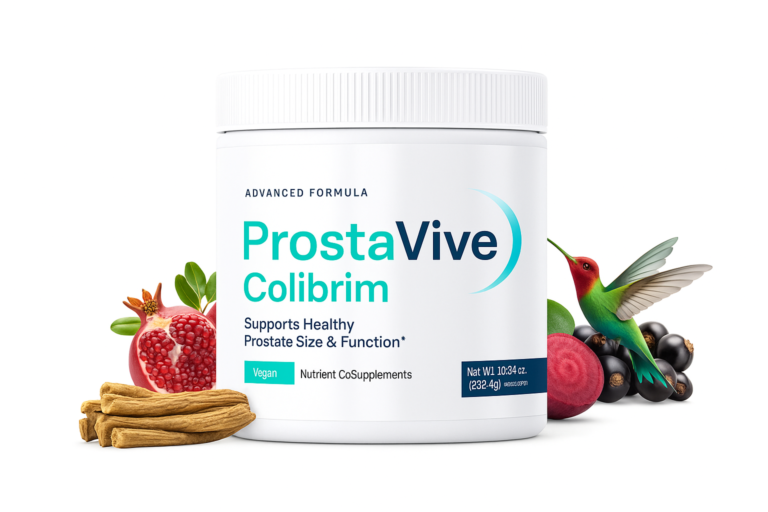In today’s fast-paced world, achieving and maintaining good health goes beyond just physical fitness. More and more, researchers are uncovering the profound impact that our mental and emotional well-being has on our overall health. This holistic approach, often referred to as the mind-body connection Yoga for flexibility and strength, is key to leading a balanced and healthy life.
What is the Mind-Body Connection?
The mind-body connection refers to the link between our thoughts, emotions, and bodily processes. It recognizes that our mental state, including stress levels, emotional outlook, and mindset, can significantly influence our physical health. Conversely, our physical health can also affect our mental and emotional state.
Understanding the Science Behind It
Scientifically, the mind-body connection is supported by various studies in fields such as psychoneuroimmunology, which explores how psychological factors like stress can impact the immune system. For example, chronic stress has been linked to increased inflammation in the body, which can contribute to a host of health problems including cardiovascular disease, diabetes, and autoimmune disorders.
The Role of Stress and Emotional Health
Stress, a common aspect of modern life, is a major player in the mind-body connection. When we are stressed, our bodies release hormones like cortisol and adrenaline, preparing us for a ‘fight or flight’ response. While this response is crucial in emergencies, prolonged stress can lead to chronic health issues. Learning to manage stress through relaxation techniques, mindfulness, and healthy coping mechanisms is essential for overall well-being.
Practical Steps to Enhance the Mind-Body Connection
- Mindfulness and Meditation: Practices like mindfulness meditation can help reduce stress, improve emotional regulation, and enhance overall mental clarity. By focusing on the present moment, we can cultivate a sense of calm and inner peace.
- Regular Exercise: Physical activity is not only beneficial for our bodies but also for our minds. Exercise releases endorphins, chemicals that boost mood and reduce stress. Finding an exercise routine that you enjoy can make it easier to incorporate into your daily life.
- Nutrition and Diet: A balanced diet rich in nutrients supports both physical and mental health. Certain foods, like those high in omega-3 fatty acids (found in fish and nuts), can support brain health and mood regulation.
- Quality Sleep: Sleep is vital for cognitive function, emotional well-being, and overall health. Establishing a bedtime routine and creating a sleep-friendly environment can promote restful sleep and improve your mind-body connection.
- Social Connections: Maintaining supportive relationships and social connections is crucial for mental health. Strong social ties can provide emotional support, reduce feelings of loneliness, and improve overall life satisfaction.
Conclusion
Understanding and nurturing the mind-body connection is essential for achieving a healthy and fulfilling life. By prioritizing mental and emotional well-being alongside physical health, we can enhance our resilience, improve our quality of life, and better cope with life’s challenges. Incorporating practices like mindfulness, regular exercise, and healthy nutrition into our daily routines can pave the way for a balanced mind-body connection and a healthier future.
For more insightful articles and information products on health and well-being, visit My Info Labs. Discover a wealth of resources to help you lead a healthier, happier life.
3.5


















